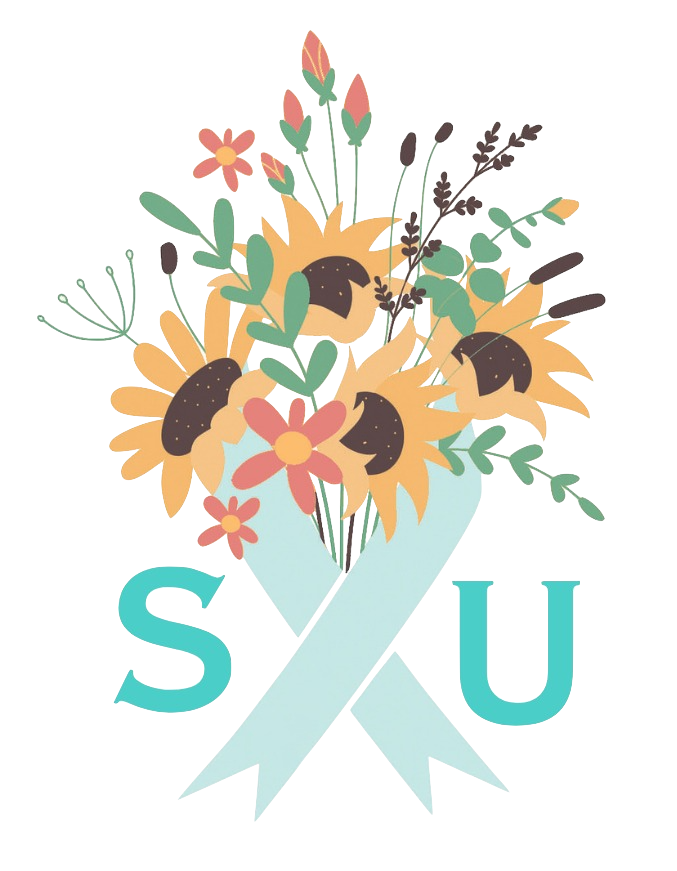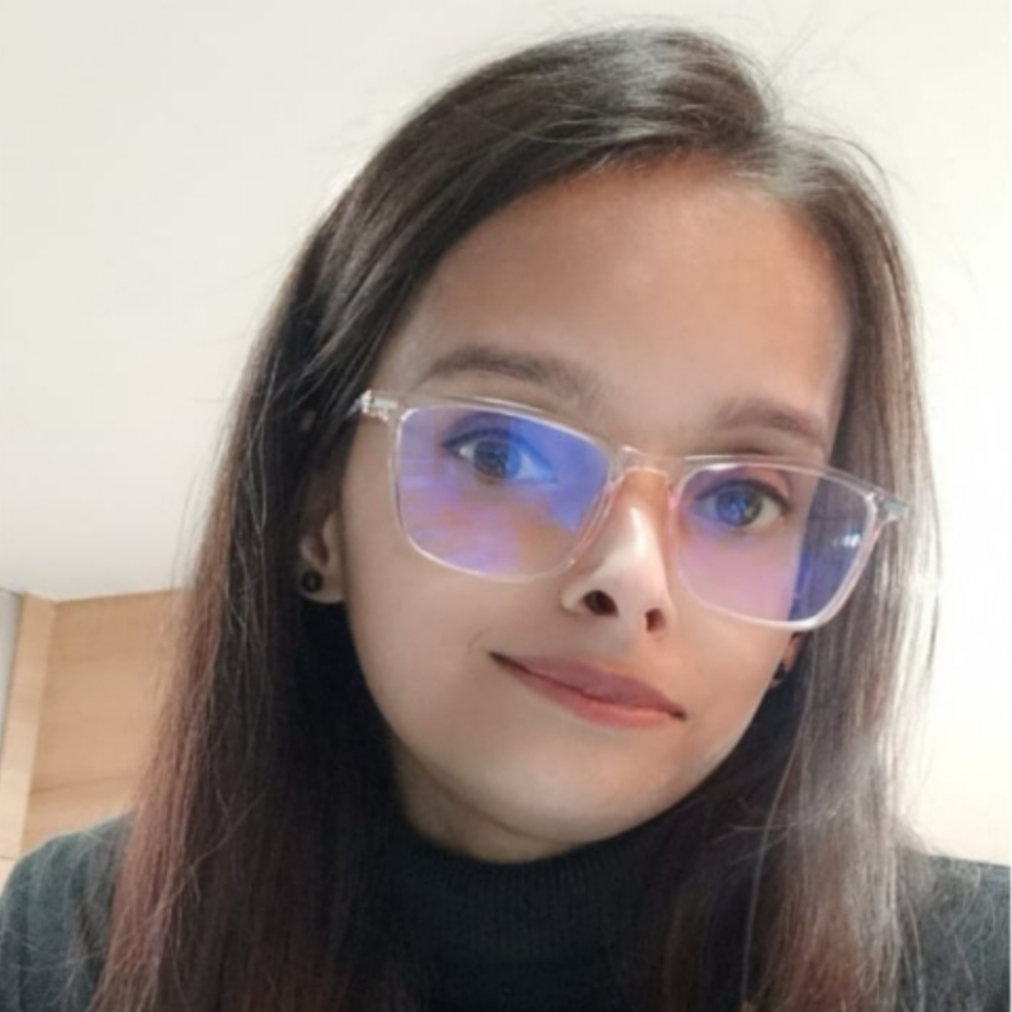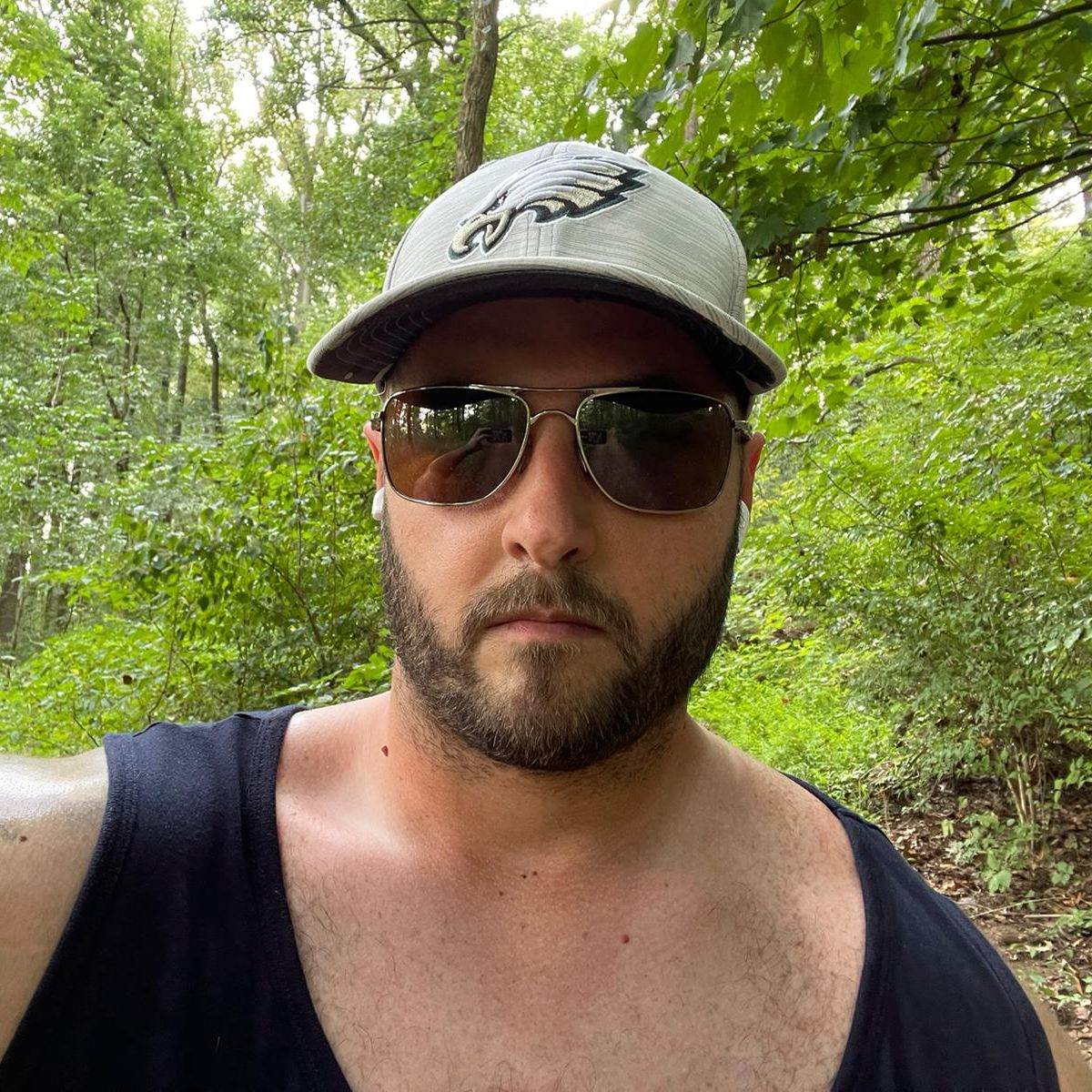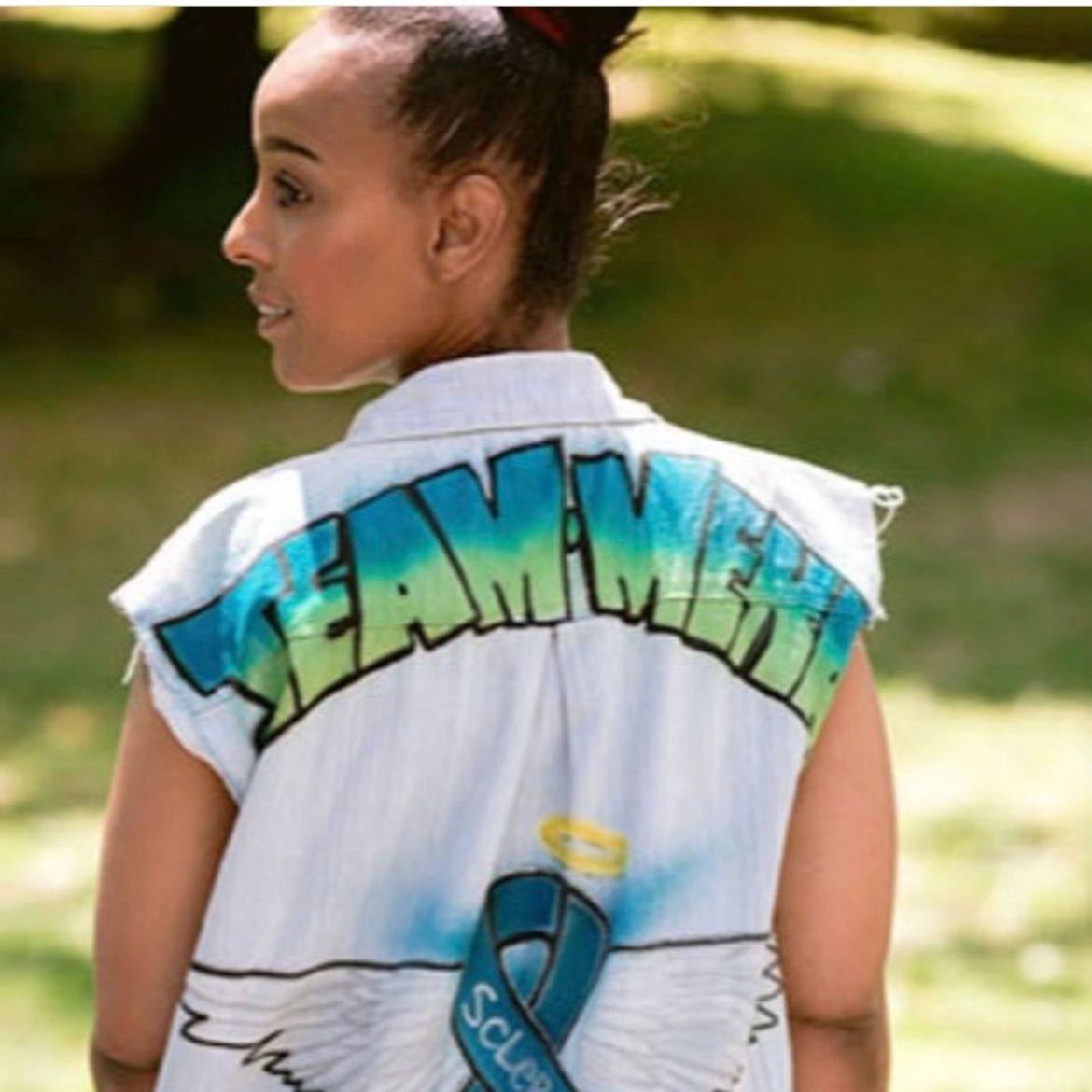Mumbai (India)
RASHMI BHASIN
Scleroderma Stories Issue 5
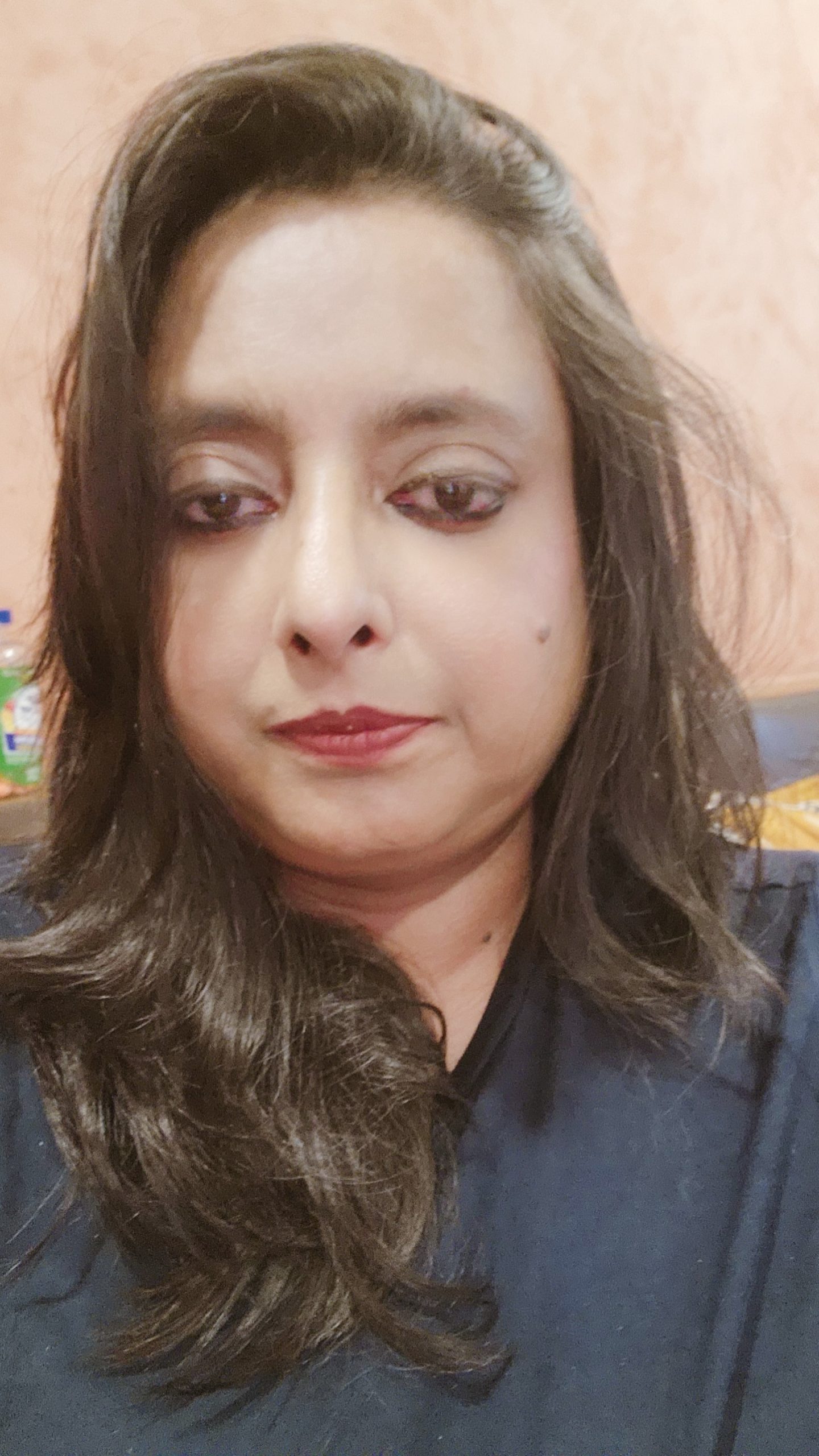
Please introduce yourself
My name is Rashmi Bhasin. I live in Mumbai, India, and I have been a patient of scleroderma since 2011. Before that, I had symptoms for three years but couldn’t get the right doctor because scleroderma is not commonly known in India. A lot of medical facilities are not capable of understanding the symptoms or correlating it to a disease. It took three years to get to a proper doctor, because even today in India mentioning a rheumatologist is seen as “an outsider doctor” because many don’t know what they do.
Right now, my foundation (Scleroderma India) is very important to me. It is my passion. I live and breathe my foundation.
What was it like being diagnosed in India, where scleroderma is very rare?
It was in 2011-2012. I was about 34 years old and was trying to conceive but couldn’t. My physical symptoms and my blood work were very very different, so they kept chalking it up to mental trauma or mental issues. But I knew it was not a mental issue… we failed our attempts (at a child) every time, so that weighed on my mind, but I was having difficulty at my daily job. I was frequently tired, my blood pressure was out of the roof… something was not correct, but the doctors could not understand where they were going wrong.
The symptoms started with a lot of pain in my fingertips, like someone was trying to put a nail through my thumb. The pain was excruciating, and my skin started turning very hard, dry, and itchy. I noticed that small things like putting a lid on the pressure cooker, trying to hold something with my hands, holding a knife, or writing on paper were getting more and more difficult. They said carpal tunnel and said I’d have to get operated, but my husband wasn’t happy with the diagnosis so we opted out.
My daily routine continued to become more challenging… At times, even buttoning my pants or putting a thread in a needle became a big challenge. I was starting to see that some things that were not even noticeable before were becoming more and more impactful, but I could not get a diagnosis.
I got a biopsy which said scleroderma, but the dermatologist decided to treat it with local application cream instead of referring me to a rheumatologist. It really didn’t help because you can’t control scleroderma with a topical cream.
How did you feel after the diagnosis?
For the first few months, I really didn’t understand anything about autoimmune disease. It didn’t really sink in for a very very long time. It was like Greek and Latin to me, and the only thing I understood was that it was a serious condition. Today we have forums, but even 10-12 years back all we had was Google, which would give you the worst scenario that you’d die in the next few years.
Doctors don’t even really know. I’ve been really lucky that I got one of the best rheumatologists in the world. He is my friend and philosopher today, but I used to be scared asking him so many questions because you’re not encouraged to ask doctors many questions.
I was doing all my doctor visits alone, and everyone thought “she has nothing to do so she keeps visiting the doctors.” I told my doctor my symptoms for about 40 minutes and when he said “child, I understand,” I think I cried for 30 minutes because finally someone was not telling me to see a therapist! Instead, someone was telling me “I understand what you’re going through.”
Little by little, I went through books over a couple of years so that the diagnosis could really sink in.
As you came to understand scleroderma, what were your biggest challenges?
That I would not have a child because it is too difficult carrying the baby to term was a big compromise for me, because I always wanted children. I had to leave my job because I was perpetually exhausted and I developed IBD, so it was too challenging to carry on working. I gave up work around 2016. I had been working for over 26 years and, suddenly, I had a big vacancy in my life. I had nothing to do.
That was very challenging, and I went through a phase of depression because I am not one to sit idle. Even when I was not working I was perpetually doing something, like a course to upgrade myself or something. But I was stuck in a big vacuum for some time until the forums came into the picture. I never fought it, and I never became negative about it (like “Why did this happen to me?”), but it was a challenge because I developed symptoms very early and my tolerance for medicine was very low.
My doctor has to keep starting and stopping medication because I start showing very weird symptoms – like last week, when I started with a common cold then suddenly had to go to the ICU for a 105° fever. But *knock on wood* I think I’m in a good shape today, no complaints.
Could you share more about your role in Scleroderma India?
Around 2015-2016, I started talking to a lot of people, correlated symptoms, and started following scleroderma medical foundations. I always told my doctor I wanted to start a support group because we have very very poor diagnosis and awareness of scleroderma for all the people affected by it. Neetu Wadhwa (Scleroderma India’s late founder) reached out to my doctor in 2021, and he put us in touch. She was in a very bad state and on oxygen support when I met her, so early on, I started taking more responsibilities. When she passed away in 2022, I started managing independently.
I started realizing what we’re missing in terms of treatments, benefits, and support groups for scleroderma. India isn’t a great believer in support groups; we still shy away from seeking help. I can go to a doctor if I have an issue, but I wouldn’t go to a therapist or support group. Asking for mental help is still a very big taboo. We hid my disease from my extended family for many years, but little by little, I realized how important it is to open up about the disease when I spent time in the online communities. I don’t shy from talking about my condition or the challenges, and I’m very open about it today, which I was not a couple years back.
What is something you’ve learned over time?
My doctor would dedicate one day of the week to seeing scleroderma patients, so I would meet a lot of them at the clinic from the beginning, when I didn’t know much about the disease. Initially, I was very scared, because I would see people with crooked limbs, on oxygen support, and disfigured features. I was thinking, “Is this something that happens to everyone?” Now, I know this disease is different for every person. But not knowing that back then gave me a lot of fear. I wish I knew that sooner, because no two people show the same symptoms or take the same medications in the same way.
Acceptance was a big thing for me. Until you accept your disease, it gives you a lot of grief. We have to make adjustments to our lives for all kinds of diseases: cut down on sugars, get exercise, watch your diet for diabetes, and so on. But with scleroderma, we make it such a big deal, and people think “Oh, why me?” as if it is the end of their life. If we have acceptance for the disease, we can move on and make those changes so we can keep living life. This is easier said than done, and not every condition is the same. But still, you have to fight it out instead of thinking about what you can’t do. Everyone loses ability as they age; it is a part of life.
It is very important to understand the disease. Don’t use Google; talk to someone who knows something about the disease, talk to a support group, talk to a medical professional. Google is not the right person.
What symptoms have developed since your diagnosis?
I have joint pains, skin rashes, stomach problems like ulcerative colitis, diarrhea, or vomiting, and I catch infections easily. I also have myositis and fibromyalgia. My skin tightening was there initially, but I took cyclophosphamide for a year and two cycles of rituximab, which helped. Now, my skin is loose and pretty normal for scleroderma.
Which symptoms are the hardest to deal with?
Honestly, I don’t think about it in those terms. The more you think about the symptoms like “Oh it’s so difficult,” it gives you more trouble. I take every day as it comes, and I deal with it. When Neetu passed away last year, I took it as a personal loss. I don’t want something like that to be repeated because doctors give bad medical advice or someone is not in the right mindframe. I want to be of some help somewhere, so I coach a lot of patients.
What treatments have you tried?
I’ve taken everything, from cyclophosphamide to rituximab. I was supposed to go on tocilizumab, but I had lung problems, so I didn’t get clearance. I am on immunosuppression and pulmonary hypertension medication, as well as some heart medication. My least favorite was an injection called Folitrax, which I dreaded all the time, because every Saturday, I would have nausea for the week and mouth ulcers. Rituximab suited me well, and it solved a lot of my problems like skin tightening and coloration, and my current medications are working well for me now.
We are not covered with any insurance so I spend a good $200-$300 a month on my doctors and medication. This includes doctor visits (7-8k rupees), tests (10-15k rupees), and medication (10k rupees). I have not faced financial hardship because my husband earns well, but my fellow patients have a lot of struggles with this.
What does your day-to-day look like? How have you adapted?
I like reading, watching movies, traveling and exploring new cuisines. I enjoy reading fiction because it’s a way of escaping my bad days. I like light movies; I don’t mind suspense, but I don’t enjoy medical or horror related stuff.
I am not working a job right now. I worked for a couple years, and it was very challenging. I am managing the foundation full-time, and I have a mother-in-law who is over 80, so I stay at home and I am happy working with the forum. Scleroderma has not affected my social life at all. I still travel and meet friends. My friends understand that I might not have a good day all the time, and they are OK with that.
I am lucky that my husband and parents are so supportive, and I have a great network. They are very patient listeners, and they don’t force me to do anything when I am having a bad day.
The disease is expensive; my bills are in this month, but my husband doesn’t complain about it like many other Indian households. This support by itself is enough; just that I am not forced to do something every day – that I can just take a break and not have to get up.
I’ve had to make changes to my lifestyle after the diagnosis, especially with joint pain and ILD symptoms due to secondary infections over the years. I can’t walk for a very long time, I cannot do steep roads or steps, and I cannot go to cold places because of Raynaud’s. Every day comes with a new challenge, and it can really overpower you if you let it. I never know what I will wake up with tomorrow. It might be muscle pain, weakness, joint pain, stomach pain, or something else.
How has your mindset changed?
I believe the most powerful tool in your body is your mind, and I had to condition it a lot. It was quite the ride, especially since medications would not work very well for me. I would have ferocious side effects to all the new regimens my doctor would give me. But I learned to accept everything, and I really don’t get troubled unless it is very very extreme. I don’t let the disease overpower me.
Many many times I could not do what I wanted to do because the disease would flare up or I would get an infection. I used to get upset, but I know if I’m not well I won’t enjoy it anyway so I just take it as part of the disease.
When I first got diagnosed, it was on my mind all the time. The first compromise I had to make was when the doctor said “conceiving a child looks difficult.” Since then, I have taken so many precautions. I kept my temperature controlled, I stopped eating street food and ate balanced food… But little by little, I realized I’m letting the disease live my life and decide my day for me, so I did a 180. I’m trying to live my life instead.
How did scleroderma affect your career?
I worked in the import export industry and then ran my own business for about 12 years. When I started developing stomach issues, I started getting urine and fecal incontinence, which was very embarrassing for me.
I was also exhausted and had no appetite, so my productivity was zero. I had to give up my job because it was becoming unmanageable, and it was depressing for some time not doing anything. But I took the chance to take more courses and become more spiritual. I was my own boss when it happened, but for many patients they hide their conditions because their bosses don’t understand what autoimmune conditions are.
Has scleroderma changed the way you approached life?
Absolutely. It has made me a much better person; I’ve become more empathetic, more approachable, more human. I will honestly not criticize the disease anywhere, because it has changed me as a person. Fortunately, I did not go through a phase where my looks changed dramatically, so I was lucky to not lose my self confidence like others.
I dream to make Scleroderma India big so I can help patients with financial aid and spread awareness so patients can become more independent. Neetu is my inspiration… I miss her every minute of my life.
Be sure to follow us on Instagram and Facebook (@sclerounited) to see more scleroderma warriors’ journeys in our weekly Sclero Sunday series.
Are you a scleroderma warrior? We’d love to interview you for Scleroderma Stories! Please visit tinyurl.com/share-my-sclero-story or email us at contact@sclerounited.us
